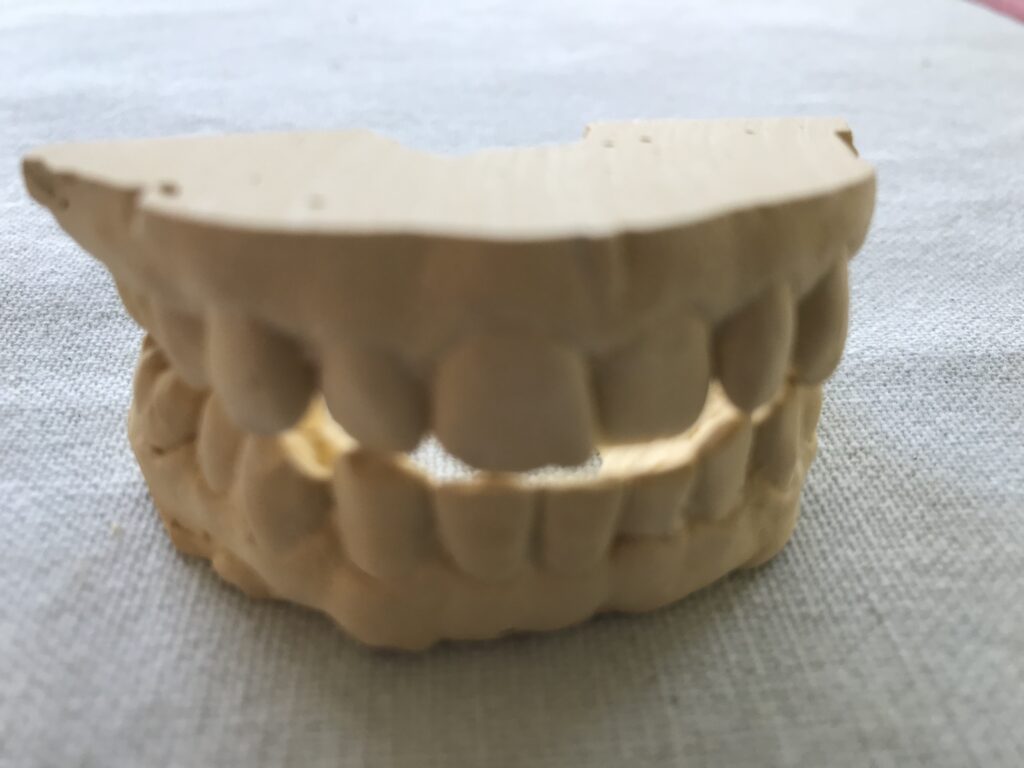oil pulling

The process of “oil pulling” is when oil is being “worked” in the mouth by pulling, pushing, and sucking it through the teeth. This health practice for the mouth and teeth isn’t new at all; it has its origins in Ayurvedic medicine dating back 3,000 years.
Most microorganisms inhabiting the mouth consist of a single cell covered with a lipid (fatty) membrane, which is the cell’s skin. When these cells come into contact with oil, “a fat,” they naturally adhere to each other.
People use different types of oil such as sesame and sunflower oil, but these oils both have omega 6 fats that are pro-inflammatory, and most of us have too much of these in our diet as it is. Coconut oil is preferred because 50% of the fat in coconut oil is comprised of the bacteria whooping ingredient lauric acid. Lauric acid is very well known for its antimicrobial actions.
Embrace oil pulling as part of your daily teeth cleaning regimen. The longer you push and pull the oil through your mouth, the more microbes are pulled free. The oil needs to be swished around long enough for it to turn a milky white, which indicates that the bacteria has been “pulled” off. After roughly 20 minutes the solution is filled with bacteria, viruses and other organisms; at this point, the person spits out the oil and rinses thoroughly with water.
Here’s how:
- Swish gently. If your jaw starts aching after five minutes, slow down. You’re working too hard!
- Do not swallow the oil while swishing. if you find it hard not to, you likely have too much oil in your mouth. Spit it out and try again with a smaller amount.
- Once you have finished pulling, spit the solution into the trash. Do not discard the oil in the sink or down the toilet because over time the oil may build up and clog the pipes.
- Do not drink anything before rinsing your mouth. Rinse with water first before consuming a beverage.
Benefits:
Tooth and gum sensitivity may decrease, we use vitamin E oil to soothe the gums and clove oil to soothe toothaches. Tooth decay is caused by Strep mutant, so fewer bacteria : fewer cavities. It has helped whiten teeth, alleviate halitosis, and even reduce gingivitis.
Reduce oral bacteria to improve both oral and systemic health. There are much higher levels of oral bacteria such as C. gingivitis and P. melaninogenica, and S. mitis, present in oral cancer patients.
Several other studies also strongly suggest a link between the bacteria in your mouth and serious diseases. Streptococcus mutans is known to cause diseases such as pneumonia, meningitis and sinusitis.
Pregnant women readily develop gingivitis due to hormones. Bacteria from the mouth can get into the body and lead to premature delivery, so expectant mothers are advised to keep regular dental visits throughout pregnancy to avoid giving birth to babies with low birth weights.
Dentists pre-medicate patients that are immunocompromised before dental visits to prevent illness. If bad bacteria enter the body through the bloodstream and get lodged in the wrong place, such as scar tissue on the heart, a person can become very sick. Bacterial infection is the most common cause of endocarditis, which begins when different germs enter the bloodstream and then travel to the heart. We are well aware that bacteria enter the bloodstream during dental treatment. Patients with MVP (mitral valve prolapse), artificial joints or major surgery need to be pre-medicated. The more inflamed the tissues (gingivitis), the more blood and bad bacteria from inside the mouth can travel into the body.
Why not try it? As we become more self-sufficient in self-care, we are better stewards of our bodies!

Comments are closed, but trackbacks and pingbacks are open.